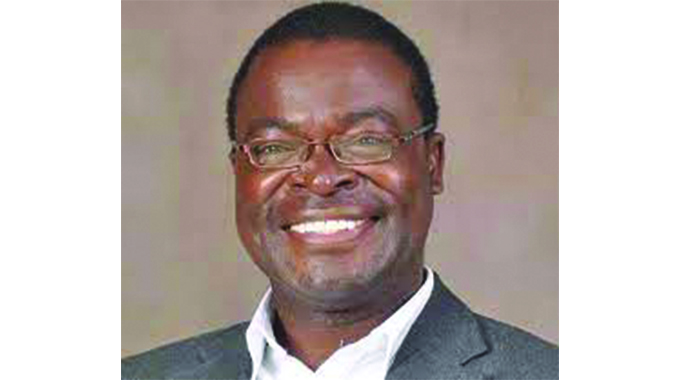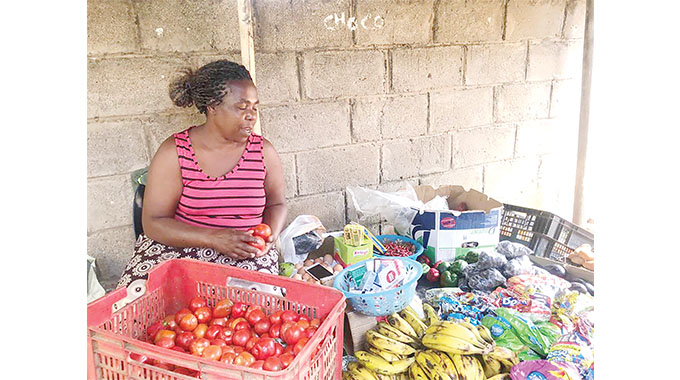Local language teaching for science subjects

Patrick Chitumba, Midlands Bureau Chief
GOVERNMENT is working on reforms that will see Science subjects being taught in local languages.
A total of US$174 000 has since been allocated for the Strategic Literature Development project that will see science textbooks and literature being written and published in local languages by the Midlands State University (MSU).
Higher and Tertiary Education, Science and Technology Development Minister Professor Amon Murwira said by the end of the year, MSU should have started producing science textbooks and literature in local languages.
He said the country should have an education system that focuses on history and heritage philosophy to anchor education.

Midlands State University (MSU)
Zimbabwe has 16 official languages and these: Chewa, Chibarwe, English, Kalanga, Koisan, Nambya, Ndau, Ndebele, Shangani, Shona, sign language, Sotho, Tonga, Tswana, Venda and Xhosa.
Addressing academics during the Professor Ngwabi Mulunge Bhebe Testimonial Academic Conference that was held at MSU’s main campus in Gweru recently, Minister Murwira said the project is in-line with Education 5.0, a five-mission model of teaching, research, community service, innovation and industrialisation.
He said the emphasis should be on learning science in schools using local languages.
“We are always learning other people’s languages and it’s sad because we feel like we are obliged to speak their language. We feel guilty for not understanding or speaking foreign languages. Yes, we learn other languages to communicate but we should be pushing our local languages if we are to develop,” said Prof Murwira.
He said Government has allocated US$174 000 for MSU to publish Science books in local languages.
“The Government has approved a budget allocation of US$174 000 for the Strategic Literature Development project that will see science textbooks and literature being written and published using indigenous languages by the MSU. Starting this year, one will know and understand what a graduate is in Shona, what a graduate is in isiNdebele, in Kalanga and in all the other local languages identified in the Constitution,” said Prof Murwira.
He said for example students are being taught physics via a foreign language.
“We want it to be taught in local languages. You know what, we have very intelligent people who take position one in physics which they learn via the English language. First, they learn English before they learn physics. If it’s direct, we will produce students that will develop this country,” said Prof Murwira.
He said people should also understand the country’s history and heritage hence heritage studies are the core of any programme at a university.

Money – Image taken from Pixabay
“As a lecturer, if you see yourself not able to teach sciences in your own local language, you are a crammer and pretender. Look at the Chinese people, they complete science syllabus using their own language, they learn using their language and they have rockets, they have bullet trains, they have state-of-the-art ships and they are developing their country which is what we want to do. In Russia it’s the same, from start to finish they are learning sciences using their own language,” said Prof Murwira.
He said it is time for students to start learning sciences in local languages.
“So if we can’t do it as adults, we can’t continue depriving our children, we can’t continue doing this to the children, they need to start learning science subjects in our own language.”
In 1999, Prof Bhebe was appointed as founding Vice Chancellor of MSU, an institution, which rose to dizzy heights under his leadership.
On his retirement in 2016, he was appointed Professor Emeritus in the university’s Department of History as a way of recognising his legendary professional track record as a distinguished academic.
Prof Bhebe is a distinguished scholar who obtained a Bachelor of Arts degree in History and Geography from the University of Botswana, Lesotho and Swaziland (UBLS) in 1967.
He received his Doctor of Philosophy degree in Imperial History from the University of London in 1972.
A celebrated historian, Prof Bhebe’s academic employment dates back to 1974 when he lectured history at Faurah Bay College in Sierra Leone, and later at the University of Botswana, Lesotho and Swaziland (UBLS) as well as at the University of Zimbabwe from 1982.








Comments